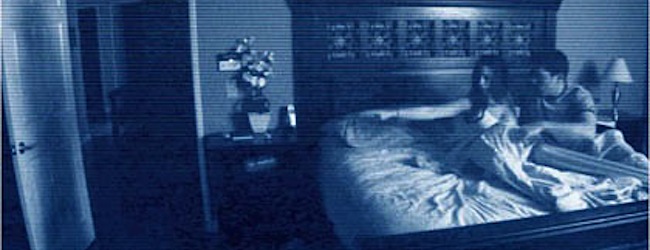
Image by: Slideshow Bruce
Advertising is big business – no more so than in the world of movies. A good advertising campaign can make a film, a bad campaign break one. But every once in a while the hype for a particular movie can take on a life of its own.
Ad execs are savvy creatures and know how to exploit the maximum potential to increase brand awareness, and there have been plenty of movie execs and film studios over the years who have impressively managed to get the public whipped up in to a filmic frenzy to get millions of bums on seats through inventive ad campaigns.
Some films are content with a few billboard posters and the occasional TV spot, but others need – no, demand – something a little more spectacular, using every marketing means at their disposal. Here are a few that have taken movie marketing to a whole new, unprecedented level.
Batman (1989)
Perhaps the finest example of word-of-mouth, guerrilla advertising ever, Tim Burton’s Caped Crusader movie kickstarted an advertising behemoth that was initially a knee-jerk reaction by producers to assuage hardcore Bat-fans’ apoplectic fears that Michael Keaton wasn’t the right man for the job.
Their quickly cobbled together trailer soon satiated any fears they might have had. And then the marketing machine really got out of control .Posters, stickers, books, hats, t-shirts, keyrings – merchandise that was emblazoned with the yellow/black bat emblem, which ratcheted up the excitement and made it a huge success before it had even been released. People were even buying tickets for other films just to see the trailer. The film made $410m by the end of its run – but the merchandise made an extra $750m.
The Blair Witch Project (1997)
With no stars, no script, and a miniscule budget, the film makers of this film had to approach their marketing from a different angle to make an impact – and the first real internet movie marketing campaign was born.
Exploiting the premise that film was edited together from previously lost footage, the film’s directors created their own website devoted to the fictitious Blair Witch, a wood-based ghoul responsible for snatching Maryland kids for over a century. Interneteers lapped it up and, convinced it was real, exacerbated the myth to help create and shape their own urban legend.
It really did for the internet what Orson Welles’ War Of The Worlds broadcast did for radio in the ‘30s.
Paranormal Activity
When you can scare the world’s most successful director (Steven Spielberg threw it in the bin because he was so shaken by it and didn’t want it in his house), you know you’re on to something.
As with Blair Witch, Oren Peli was a first time director working on a tiny budget with non-professional actors. Again, the internet and Twitter word-of-mouth were huge contributors to the hundreds-of-millions of dollars success the film ultimately went on to achieve, tapping in to the global obsession of capturing everything on film, coupled with its highly effective, haunted house in suburbia theme.
Cloverfield (2008)
As creator and producer of Lost, director and producer J J Abrams was no stranger to a well-conceived advertising campaign, but he took the hype and buzz of Cloverfield to an entirely different level. Ad posters, viral spots, internet campaigns, occasional title changes to throw people off the scent (and keep them guessing), monster movie, that old lost/found footage chestnut – the cumulative and end result was something of a moviemaking phenomenon that tapped in to new possibilities for exploiting the full, mysterious, exciting, inventive advertising.
So a combination of good marketing men, TV advertising agencies, and an often inventive approach can give a film movie an exciting lease of life.
What other movies do you think have pushed the boundaries when it comes to advertising and promotion?
Attached Images:
 License: Creative Commons image source
License: Creative Commons image source
Gavin Harvey is a self-confessed fitness fanatic whose itchy feet have taken him all over the world. When he does stay in one place for more than five minutes you’ll find him watching classic movies and blogging for companies like Space City.

